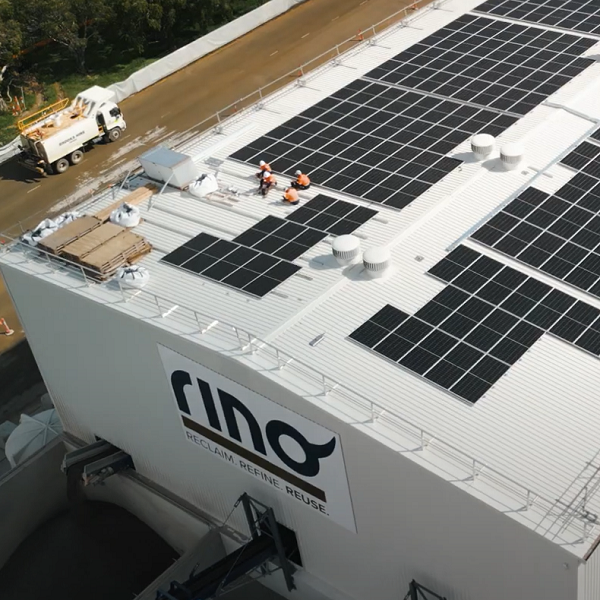
How investing in decarbonisation is saving Aussie businesses $80 million per year
Over 10,000 businesses and organisations that have installed energy-efficiency equipment are now estimated to be saving approximately $80 million per annum, combined, in energy costs.
This data comes from Smart Ease, Australia’s leading specialist payment provider for commercial decarbonisation projects. This year, Smart Ease celebrates 10 years in the industry and a milestone 10,000 projects – and growing – funded to date.
Smart Ease’s large project portfolio, which spans across states, industries and business types, makes it clear that the solution for organisations grappling with rising energy costs is to adopt decarbonisation technologies.
Recent research revealed that rising energy costs was the number one factor impacting a businesses’ financial situation in the past 12 months, hitting them harder than even COVID.
And while businesses are interested in adopting decarbonisation technologies to cut energy costs, they cited the financial outlay of installation as a key barrier.
“The solution is already here,” said Guy Olian, Smart Ease Co-Founder and CEO. “Finance is the key to unlocking commercial decarbonisation. The business case for investing in decarbonisation is tremendous, while the alternative of continuing to be 100% grid-dependent is potentially business-destroying.”
One of the key reasons behind the fintech’s success is that decarbonisation projects are typically cash-flow positive from the outset, making the adoption of energy-efficiency equipment a financial ‘no-brainer’ for Smart Ease customers.
Smart Ease customers have seen their annual energy bills slashed, many by as much as six figures, by installing energy-efficiency equipment like solar PV. As well as immediate electricity savings, these organisations can now self-generate their own electricity, reduce their exposure to electricity price volatility and gain long-term control of their energy expenditure.
Recent government initiatives, such as the $325 energy relief payment for eligible small businesses, underscore the urgency of addressing escalating electricity costs. And while financial assistance is key, decision-makers should be considering investment in long-term solutions.
“When it comes to investing in decarbonisation, accessing finance is the greatest challenge that businesses face,” explained Olian. “Smart Ease exists to provide payment solutions to enable businesses and organisations to adopt decarbonisation technologies so they can begin to future-proof their operations.”


